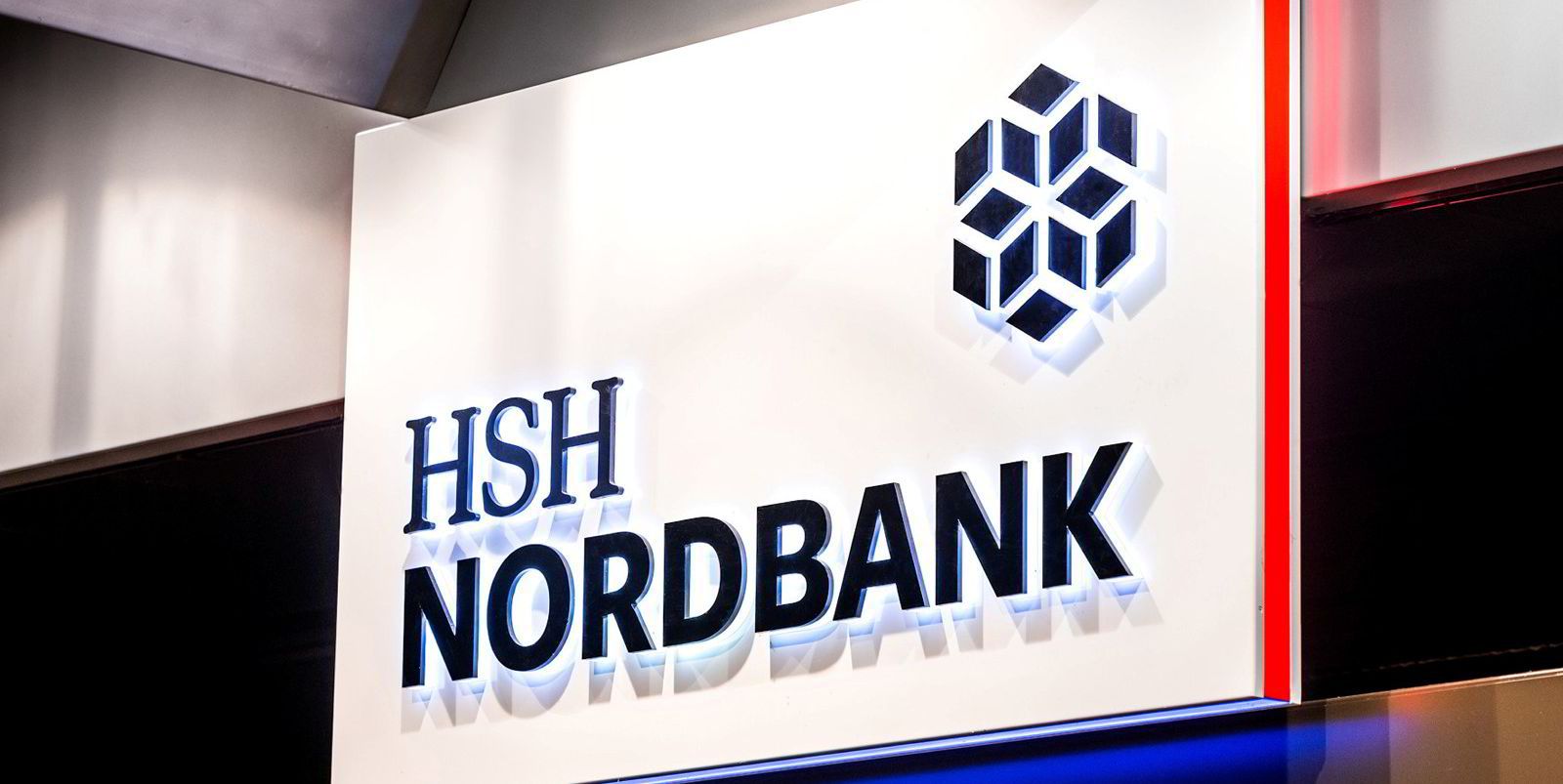Germany’s Portfoliomanagement (PM) is selling 56 ships to a consortium led by US financiers Bank of America and Davidson Kempner Capital Management.
The deal was signed yesterday after a multi-stage selection process that attracted widespread interest.
It will be the last major transaction of the so-called “bad bank” and follows the tender issued last November for more than $1bn of debt backed by a high level of long-term charter contracts.
PM did not disclose which ships have been sold, but the bank is known to have a relatively high proportion of container ships.
The company added that the sales price was higher than the original acquisition cost.
The deal also took into account possible liability issues and provided the highest possible transaction security, the bank said.
“Being prepared and finding the right timing paid off,” said PM chief executive Ulrike Helfer, adding that “the combined success from own execution and sale of the portfolio is an excellent result”.
The transaction will enable the company to be wound down in September 2023.
That is well ahead of the original target date of wrapping up PM in 2026.
Profitable wind-down
It leaves the company with loans on just 18 ships that will be processed in the remainder of the year.
Contrary to expectations, the latest sales will ensure that PM will be wound down with positive equity before taxes of around €500m ($566m).
“Hardly anyone would have expected that Portfoliomanagement would be able to come up with such sales proceeds and close with positive equity,” Hamburg’s finance senator Andreas Dressel said.
He praised the careful restructuring and asset-preserving reduction of the loan portfolio since 2016.
Then the bank acquired a huge portfolio of shipping debt from the former HSH Nordbank, which was expected to take a decade to run down.
Drawing a line
Monika Heinold, finance minister of the German federal state of Schleswig-Holstein, explained at the joint press conference in Kiel today: “The signing of the contract has laid the foundation for selling the majority of the remaining portfolio profitably.”

“With the sale, we are drawing a line under the dark chapter of HSH Nordbank,” she added.
“It should serve as a reminder for us as a country not to invest again in high-risk and speculative businesses.”
PM was established by Schleswig-Holstein and the federal city-state of Hamburg in December 2015.
That saw it acquire a nominal €4.2bn ($4.78bn) portfolio of non-performing, legacy HSH loans of 253 ships at a price of €2.4bn.
It has since set the task to return as much as possible to state coffers by gradually running down the fleet.
PM had 108 ships remaining on the books at the end of the third quarter, mostly container ships.
The sale announced on Tuesday will give a further boost to Davidson Kempner’s growing shipping portfolio.
In January, the hedge fund sealed a second deal for some non-performing shipping loans of Greece’s Piraeus Bank with a gross nominal value of €400m ($452m).







